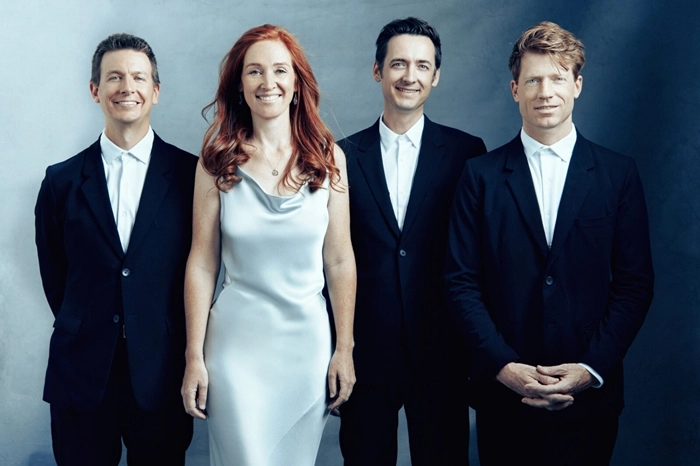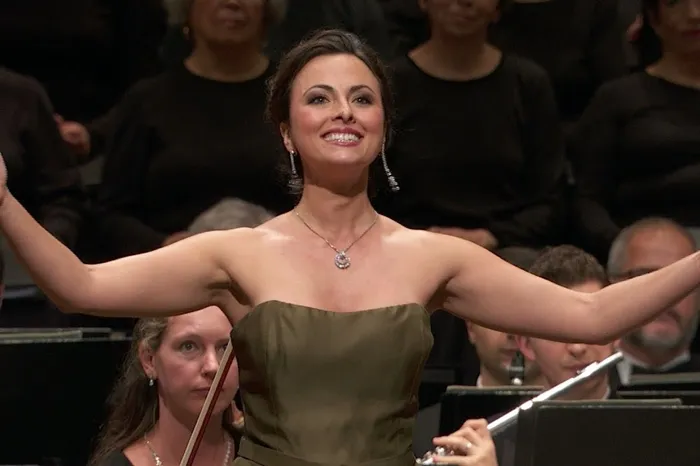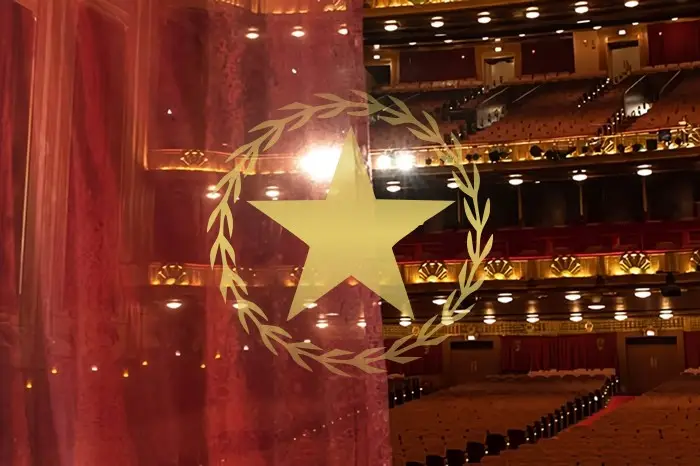
In the Calder Quartet's concert for San Francisco Performances on October 10, I experienced a disconcerting sensation, as if I had returned from the intermission through the wrong door. The quartet's performance was still impressive, as they consistently dazzle the audience, whether in a large venue like the Mendocino Music Festival or in a more intimate setting like Herbst Theatre on that Tuesday. However, it felt like the best part of the music was already in the past.
Timo Andres's First Piano Quintet is a remarkable piece of music, but his new quintet, The Great Span, which was composed for the Calder Quartet and premiered this season with Andres on the piano, seemed like a composition that had been through a significant struggle.
There were moments of interest, such as lively pizzicato passages, enigmatic sustained tones, and sparkling major-minor chords. Andres, who was born in 1985 in Palo Alto, demonstrated his skill as an orchestrator, making five voices sound like many more. However, the quintet was lacking in both concept and pacing, making it feel like a mere assortment of musical ideas. Listening to it was akin to shopping with numerous options but leaving empty-handed. Similarly, Ann Southam's Remembering Schubert, a piano piece on the second half of the program, felt heavy and out of place, much like a soup spoon in sorbet.
On the first half of the program, there was Andres's joyful and inventive string quartet, Machine, Learning, which he described as music that generates itself by exploring a series of intervals. This was warm and accessible music that conveyed Andres's love for the classical tradition.
The first movement, "Light Weight," featured novel sonic effects that added depth to the post-minimalist textures. The second movement, "Hammerspace," showcased Andres's creativity, drawing inspiration from a cartoon concept where characters pull objects out of thin air. The music took on a theatrical spirit reminiscent of Thomas Adès and even incorporated a nod to Puccini's "O mio babbino caro." The final cadence was both whimsical and exquisite. The third movement, "Earthly Bodies," was a sweet chorale that was difficult to categorize but felt familiar and comforting. It was clear that the final resolution would repeat, which was wonderful when it happened.
The Calder Quartet's performance of Franz Schubert's "Rosamunde" Quartet was flawless, with violinists Benjamin Jacobson and Tereza Stanislav, violist Jonathan Moerschel, and cellist Eric Byers delivering every line with precision and unwavering commitment. Their performance brought out the romantic characteristics of the piece, with occasional indulgences such as Jacobson's passionate bowing in the first movement's theme. The Andante, typically interpreted as a delicate and melancholic dance, was transformed into a full-bodied song.
There were moments where one wished for more time to savor Schubert's genius, such as the intricate elaboration in the first movement's recapitulation or the hauntingly parallel harmonic shift in the morbid minuet. However, the quartet's decision to maintain a brisk pace in some repetitive movements was wise. The finale was particularly sparkling, and it felt like I was listening at the base of a grand monument, careful not to disturb the floor with my presence.



